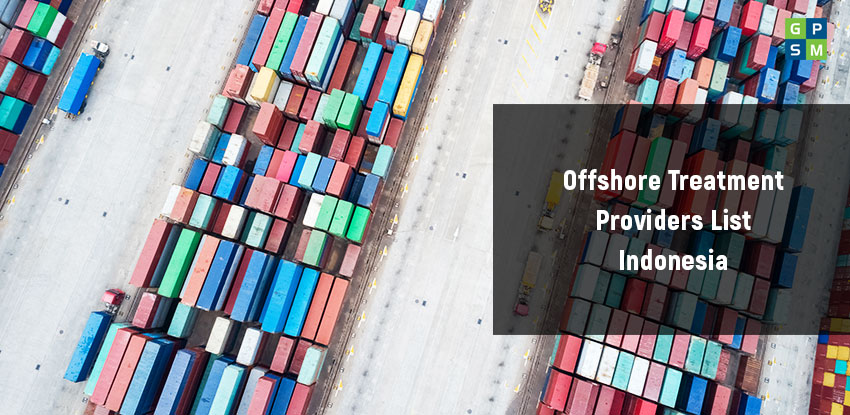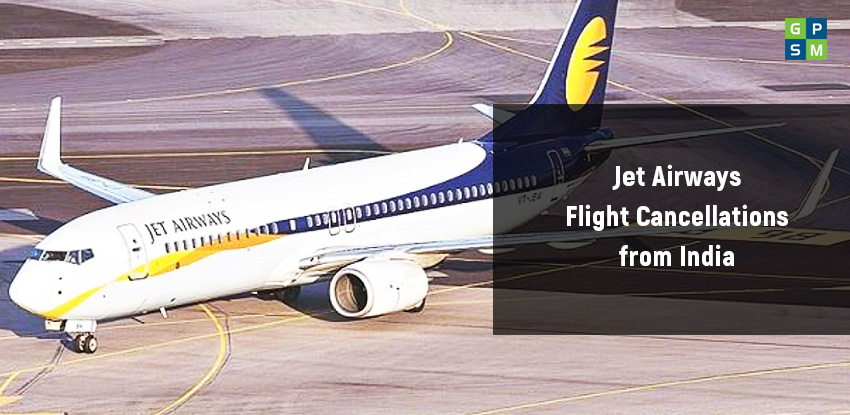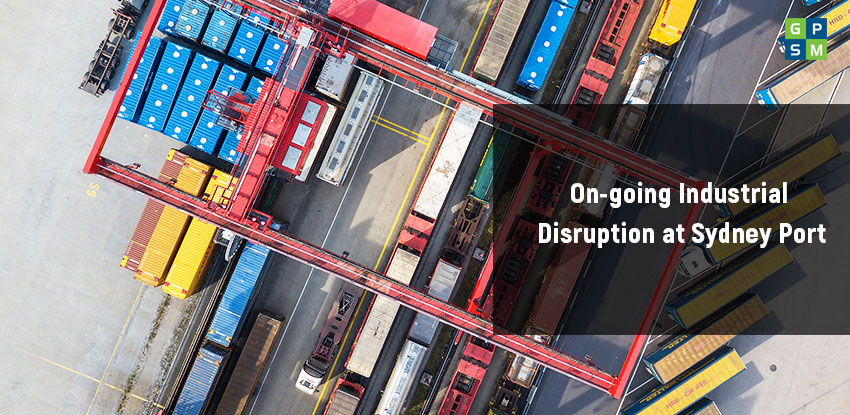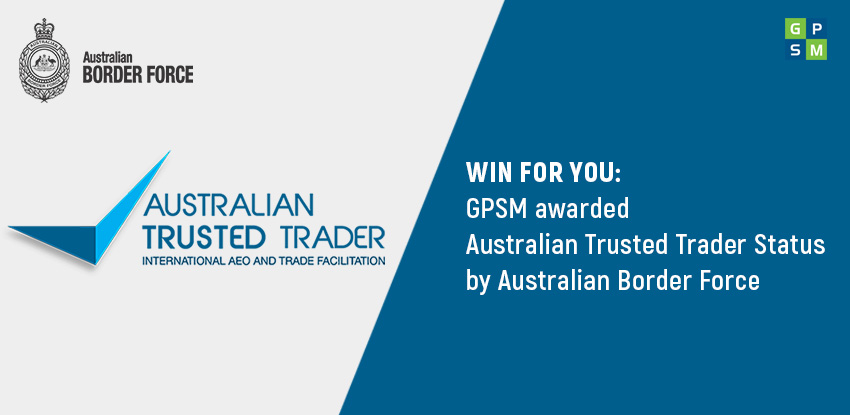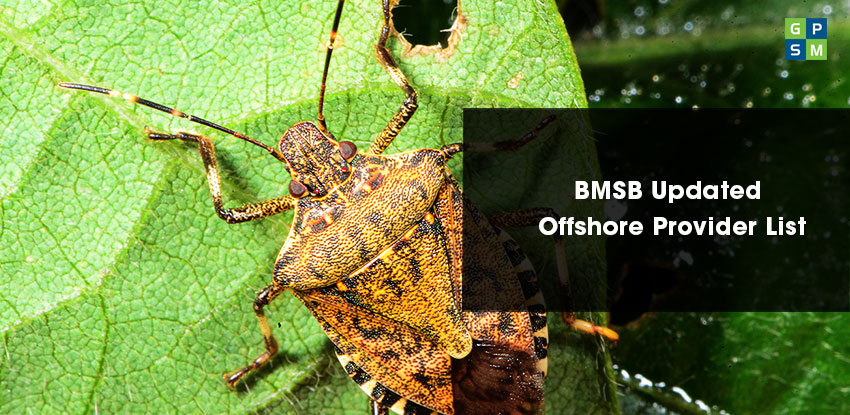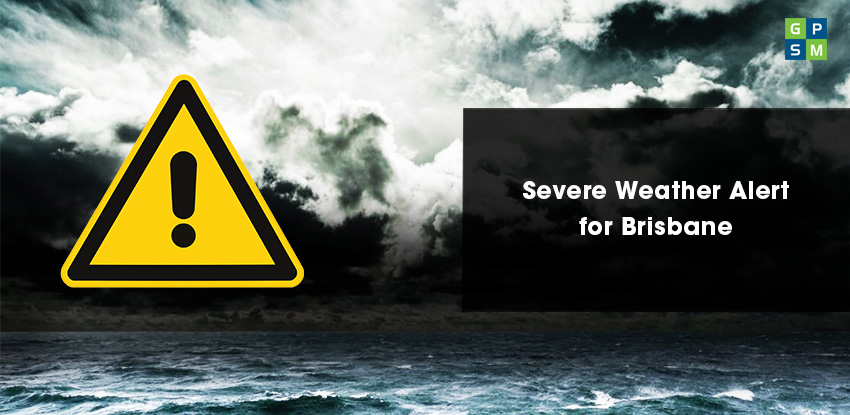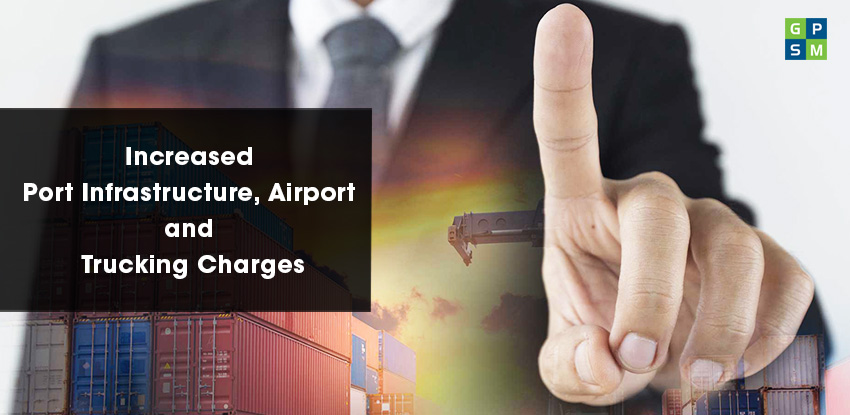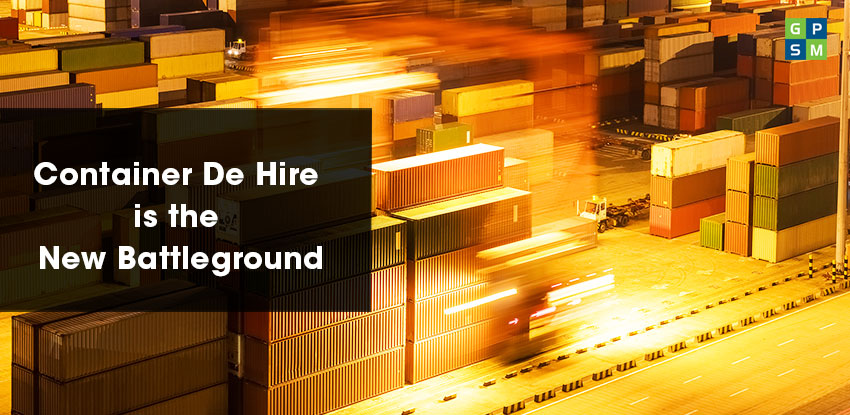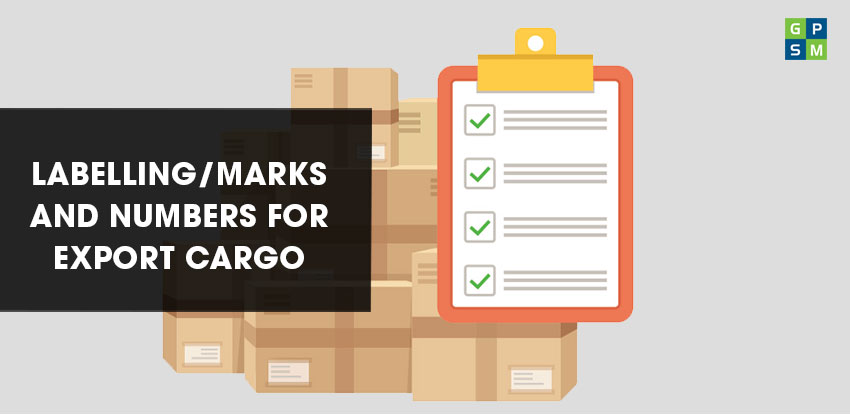Once upon a time, it was the wharves that caused delays for Importers and Exporters. Truck waiting times would grow by the hour.
The new challenge for trucking companies and their clients is now de-hiring the empty containers. A reduction in empty container park capacity, larger numbers of containers being handled, and a high level of import empty container ‘re-directions’ by shipping lines, are causing significant additional empty container handling costs in Sydney.
CTAA director Neil Chambers said: “The empty container management situation in Sydney has been getting progressively worse over a number of months now.” For many container transport operators, it has reached the stage where they cannot fully absorb the additional costs.
“A conservative estimate is that the additional costs being borne by transport operators in managing empty containers in Sydney are between $90 to $200 per container, depending on the level of delay and additional handling necessary.”
A significant contributor to the higher costs of empty container management in Sydney are the number and frequency of empty container ‘re-directions’ that are ordered at the discretion of the shipping lines with little notice.” observed Neil Chambers.
Port Botany is Australia’s empty container ‘re-direction capital’, with over 30 re-direction notices current every day, equating to hundreds of re-directions per month. By contrast, this is more than double the number of re-directions in Melbourne.
“Empty containers destined for one Empty Container Park, or for direct wharf de-hire, are suddenly re-directed to another location, causing significant planning difficulties for transport operators who must adjust their fleet and job allocations at the last minute.”
These re-directions are occurring solely to suit the shipping lines that want the empty containers sent to a specific location for their next use, including to meet regional rail export empty demands or for international empty repatriation, rather than the shipping line being responsible for the costs of repositioning the empty at a later date.
Whilst we are always striving to deliver empty containers in the most efficient and cost-effective manner, there are times that the shipping lines redirections have a direct impact on our planning and impact on costs
The current situation leaves us with no alternative but to charge a $100 redirection fee for containers that have not been imported using our freight services.
It is important to understand that we will make all efforts to ensure this cost is not incurred however in some cases this will be unavoidable

